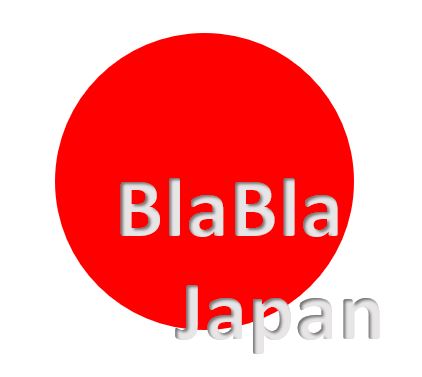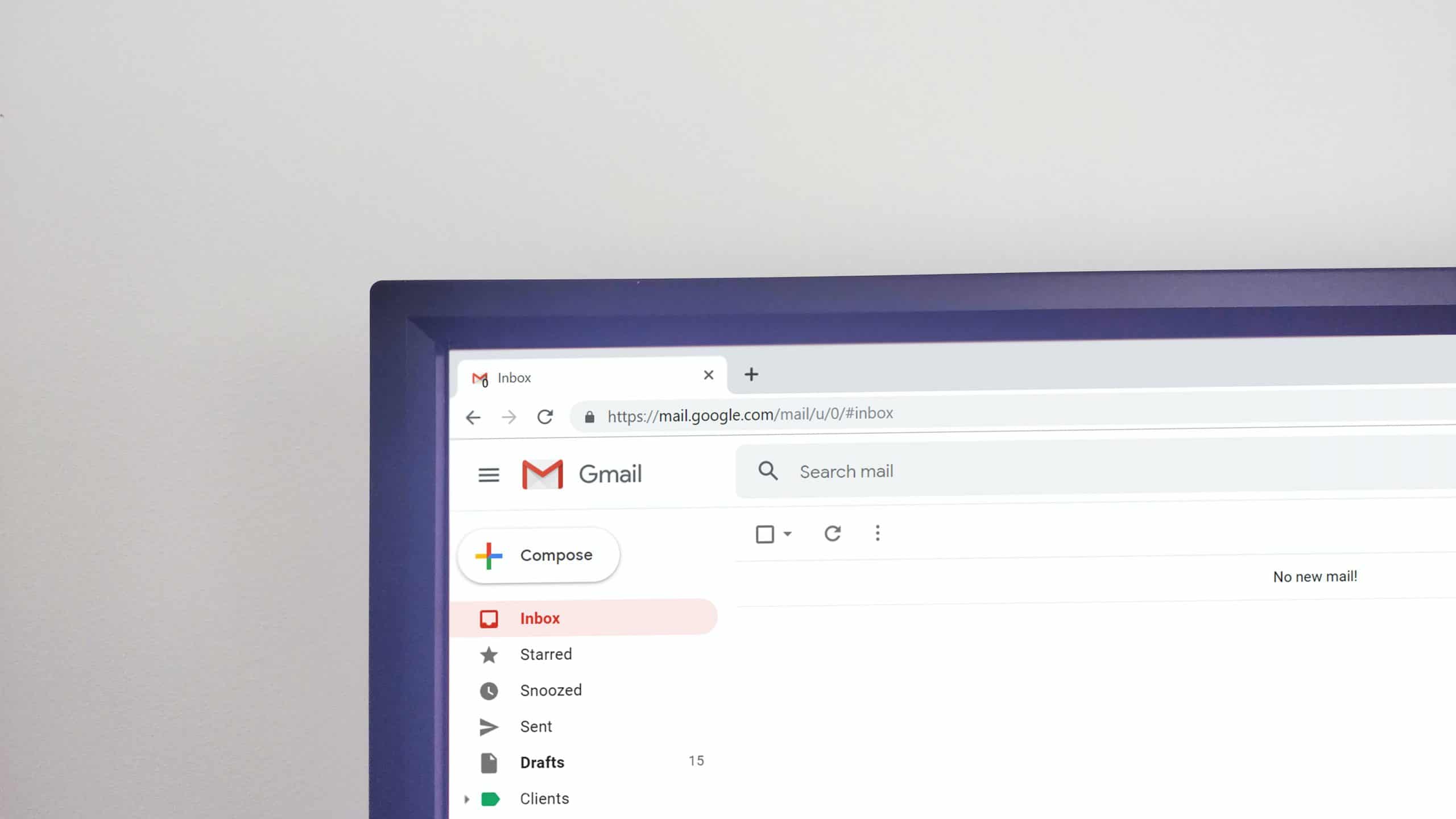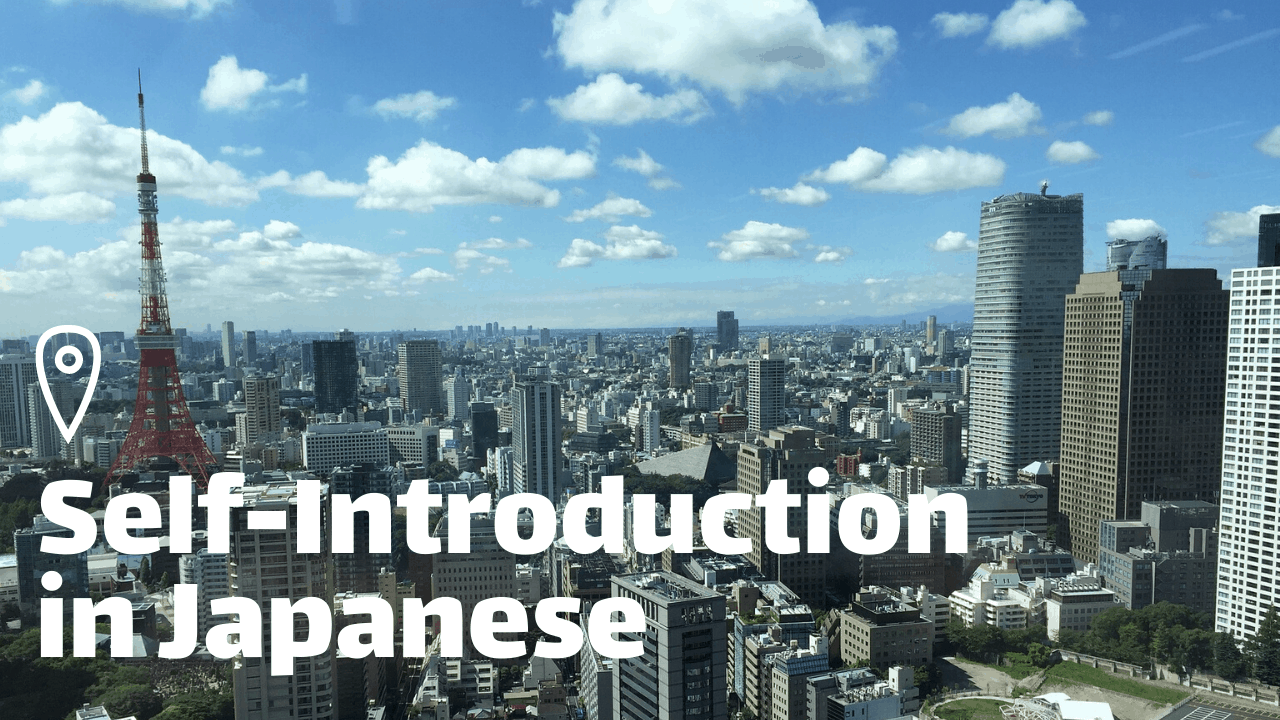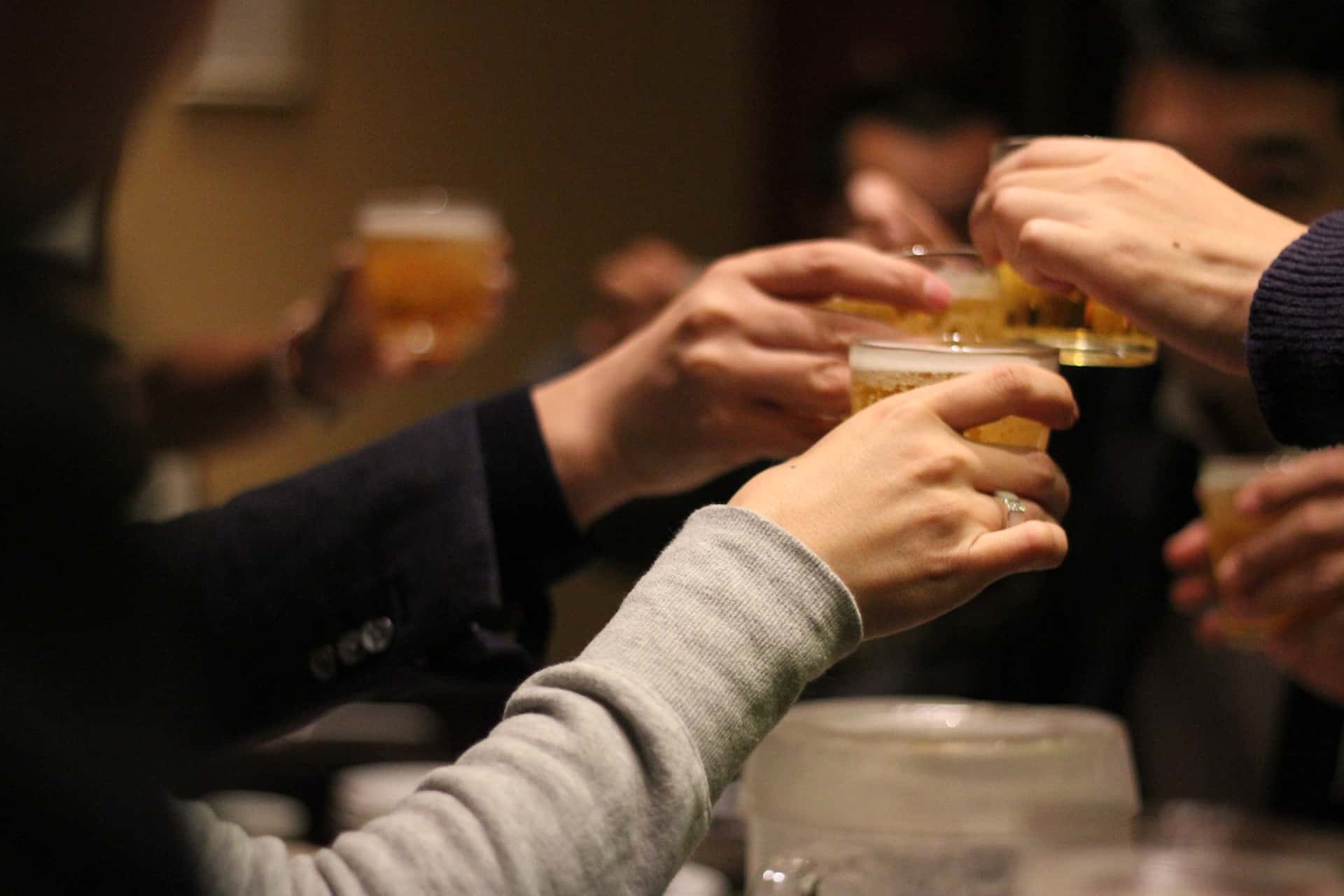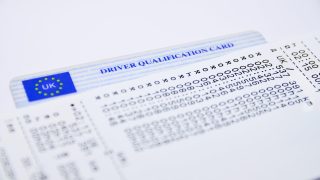Business Japanese is considered to be difficult even for Japanese people. There are some specific phrases used while making a phone call that most Japanese wouldn’t use in a regular conversation, thus, it causes a lot of confusion among foreigners.
In this article we will share some of the useful phrases that you can use for phone call. You will be able to decode what your Japanese client might be trying to indirectly tell you.
Phrases
In the table below you will find many useful phrases specific to a phone conversation. Try to memorize them and their meaning. The next paragraph will provide more detailed explanation.
| Category | Example | Meaning |
| Greeting | いつもおせわになっております | I appreciate that we always have a good relationship |
| Additional greeting | おいそがしいところしつれいいたします | I am sorry for bothering you during your busy time |
| Additional greeting | あさはやくおそれいります | I am sorry for calling you this early in the morning |
| Additional greeting | やぶんにしつれいいたします | I am sorry for calling you this late |
| Self-Introduction | XXの〇〇ともうします | I’m 〇〇 on behalf of ×× company |
| Reaching the person | △△さんはいらっしゃいますでしょうか? | Is Mr/Ms. in the office? |
| Self-Introduction to the client | XXの〇〇です | I’m 〇〇 representing ×× company (In case you know the person already) |
| If the client is not reachable | 〇〇さまはいつごろおもどりでしょうか? | Could you tell me when he/she comes back to the office? |
| If the client is not reachable | それでは、〇〇ごろまたおかけいたしますとおつたえください。××のけんでおはなししいことがございます | Then, could you tell him/her that I am going to call him/her again around 〇〇. I would like to talk about XX |
| If the client is not reachable | そうしましたら、けいたいでんわのおでんわばんごうをおおしえいただくことはかのうでしょうか? | Then, could you tell me his/her mobile phone number? |
| If the client is not reachable | おそれいりますが、〇〇からでんわがあったむねおつたえいただけますでしょうか? | I am wondering if you could tell him/her that 〇〇(your name) called him/her? |
| If the client is not reachable | かのうであれば、〇〇さまにおりかえしのおでんわいただけるようおつたえいただけますでしょうか? | If possible, could you ask him/her to call me back? |
| Ending the phone call | おいそがしいところありがとうございました
|
Thank you for taking your time in such a busy moment |
Talking to a receptionist
If you don’t know your client’s direct number, you will be connected to the receptionist first. You need to remember about three things that you will need to tell them “the GREETING”, “YOUR NAME” and “NAME of YOUR COMPANY”.
- いつもおせわになっております。(Greeting)
- Japan Trading Ltd,のTanakaともうします。(Your name, and the name of your company)
「いつもおせわになっております」is a typical expression specific to Japanese language, which doesn’t have fixed counterpart in European culture context. It literally means „I appreciate that we always have a good relationship“. You don’t need to worry about the literal meaning, but make sure you ALWAYS use this phrase whenever you call your client.
Instead of using 「いつもおせわになっております」there are alternative expressions to use as a greeting.
- おいそがしいところしつれいいたします(I am sorry to bother you during your busy time)- You can use this term when you call your client e.g., during their lunch time
- あさはやくおそれいります(I am sorry for calling you this early in the morning)- You can use this term when you call your client early in the morning
- やぶんにしつれいいたします(I am sorry for calling you this late)- You can use this term when you call your client late at night, especially after 5PM
おそれいります≒しつれいいたします literally means „Excuse me for my impolite behavior”.
After including all three things at the beginning of your phone call, (a greeting, your name, the name of your company), the receptionist will reply “こちらこそおせわになっております。XXかいしゃの〇〇です” and you should not continue until she finishes.
Reaching your client
After the greeting with the receptionist, you will need to ask for the person in charge.
- 〇〇さんはいらっしゃいますでしょうか?(Is Mr/Ms. 〇〇 in the office?)
- おそれいりますが、〇〇さまにおつなぎいただけますでしょうか(I am wondering if I could reach Mr/Ms. 〇〇)
- XXかの〇〇さまはございしゃでしょうか?(Is Mr/MS 〇〇 from ××department in the office?) – “ございしゃ” is a polite for of saying that „someone is at the office”.
After reaching the client
When you finally reach your client, you can repeat the same phrase that you used while talking to the receptionist.
- いつもおせわになっております。(Greeting)
- Japan Trading Ltd,のTanakaです。(Your name, and the name of your company)
There will be one minor change in the phrase you used while talking to the receptionist. When you talk to someone you already know, you cannot say „もうします”. You will need to say „〇〇(your name)です“.
When your client is not present at the office
There will be times when your client won’t be at the office or anywhere nearby. What you can do in this situation is to:
Ask the receptionist when your client will be available
Ask them about what is the estimated time to contact your client again.
- 〇〇さまはいつごろおもどりでしょうか?(Could you tell me when Mr/Ms. 〇〇 will be back at the office?)
- いつごろかいぎがおわられますでしょうか?(Could you tell me when the meeting finishes? )
Leave a message
Once you know when you can try reaching them again leave a short message. It will show your effort and intentions. If it’s urgent, and you already know that person well enough, ask for their mobile number.
- それでは、〇〇ごろまたおかけいたしますとおつたえください。××のけんでおはなししいことがございます。(Then, could you tell him/her that I am going to call him/her again around 〇〇. I would like to talk about XX .)
- そうしましたら、けいたいでんわのおでんわばんごうをおおしえいただくことはかのうでしょうか?(Then, could you tell me his/her mobile phone number?)
- おそれいりますが、〇〇からでんわがあったむねおつたえいただけますでしょうか?(I am wondering if you could tell him/her that 〇〇(your name) called him/her)
- かのうであれば、〇〇さまにおりかえしのおでんわいただけるようおつたえいただけますでしょうか?(If possible, could you ask him/her to call me back?)
It is considered impolite to ask the receptionist to call you back, however, it might be acceptable if you already have established a good relationship with the client.
Ending the phone call
Before finishing your phone call, you should show respect to your client and their company by using one of these phrases:
- おいそがしいところありがとうございました(Thank you for taking your time in such a busy moment)
- しつれいいたします(Thank you)
- それでは、またよろしくおねがいいたします(Talk to you again)
There are a few other things you should remember about before ending your phone call.
The person who called should hang up first
There’s unspoken rule regarding finishing the phone call in Japan. The person who called should hang up first and the person who answered the phone SHOULD wait.
Hanging up quietly
When you hang up the phone, you should be careful not to make any loud noises that may annoy your client. Do it slowly and softly, so that it leaves an impression of “Good Feeling” to your interlocutor. However, if you use a mobile phone you don’t need to worry about this.






